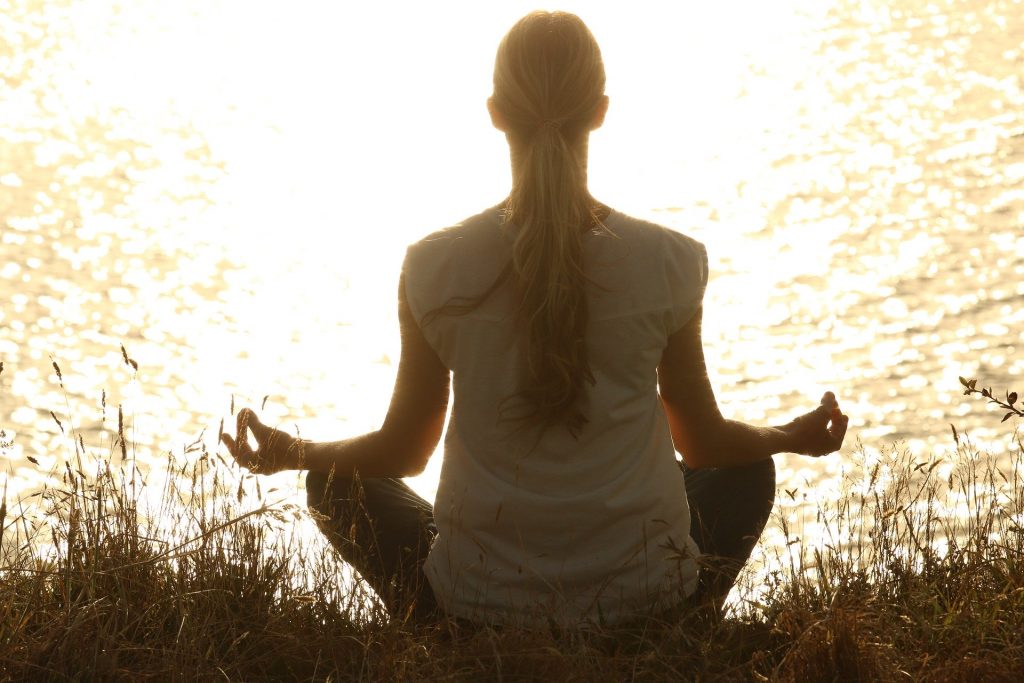Taking a nap has many health benefits: discover different ways to take a nap to help you recuperate. If you can’t or don’t feel like taking a nap, alternatives such as conscious breathing or meditation can help you rest during the day.
The benefits of napping

Napping is not actually necessary from a physiological point of view, even if it does correspond to a drop in energy often felt about 6 hours after waking up (the name, siesta, is derived from the Latin word sexta, the sixth hour). This mid-day rest offers many benefits:
- It can partially compensate for a lack of sleep the night before.
- It improves alertness, especially before driving or working.
- It promotes concentration, creativity and memory.
- According to a recent scientific study, people who nap once or twice a week are less likely to have a heart attack than those who never take a nap.
Because of its benefits, napping is widely practised around the world. In Japan, for example, employees are encouraged to take a nap and there are spaces provided in their workplace for this purpose.
Contrary to popular belief, the need to take a nap is not directly related to digestion, but rather to the biological clock: it is quite possible to experience a drop in concentration in the middle of the day without having eaten.
How to take a nap for better recovery?

There are several ways to take a nap, from a mini nap while sitting to a long nap in the dark. To recover properly and gain the expected benefits, here are a few points to be aware of:
- A good nap should ideally last less than 30 minutes, unless you need to get some sleep after a sleepless night, in which case it is advisable not to exceed 1 hour or 1 hour 30 minutes (the duration of a complete sleep cycle) so as not to delay bedtime and wake up feeling refreshed to get on with your day.
- With a little practise, it is possible to take a mini nap or snooze for less than 5 minutes to prevent a drop in alertness and gain energy.
- Napping is ideally done early enough in the afternoon so as not to delay falling asleep later at night.
- A nap is not supposed to compensate for short nights’ sleep over a long period of time: it is recommended for an adult to sleep 7 to 9 hours a night. Going to bed earlier helps you to be better prepared for the day. If you have persistent sleep problems, don’t hesitate to consult a doctor.
What are the alternatives to a nap to get a good rest?

Sometimes, taking a nap is not possible and not everyone has the time or the desire to do so. Is it possible to rest without sleeping to increase productivity? Taking a simple break away from the TV or computer screen and the hustle and bustle around you, sitting in silence or listening to the outside noise or soothing music, can all be beneficial to rejuvenate oneself and continue the day feeling more alert and relaxed. Other solutions, such as meditation or breathing exercises, are excellent alternatives to napping.
A meditation exercise to disconnect from daily routines
A 10-minute mindfulness meditation session could provide as much rejuvenation as 44 minutes of sleep, according to one study. Meditation is about calming the flood of thoughts that enter the mind in order to focus on your feelings while staying awake. Try this first exercise to feel its benefits:
- Sit or lie down in a quiet place with your eyes open or closed.
- Concentrate on your breathing for about 1 minute (without counting, let your senses guide you).
- Pay attention to each part of your body in turn, mentally detailing your journey (e.g. top of the head, ears, back of the head, forehead, eyes, nose, mouth, chin…).
- Throughout the session, breathe deeply and slowly, inhaling through your nose and exhaling through your mouth.
- Finish your meditation session by gently reconnecting with reality, slowly moving each part of the body. Do not forget to stretch before resuming your daily activities.
Once you’re fully trained, by practising conscious meditation for 5 to 10 minutes a day, you will be able to focus on everyday activities such as walking, colours or the flavour of foods in a meal.
A relaxing and energising breathing exercise
Working on your breathing also helps you regain energy and promote relaxation in just a few minutes. Inhale very deeply through your nose, combining inspiration with taking in new energy to ward off fatigue, then exhale while thinking about the parts of the body that need to be revitalised (for example, tense shoulders, tired legs…). Repeat this for 10 minutes, steadily increasing the inhalation time and reducing exhalation.
Check out our Health & Fitness page for more advice.
